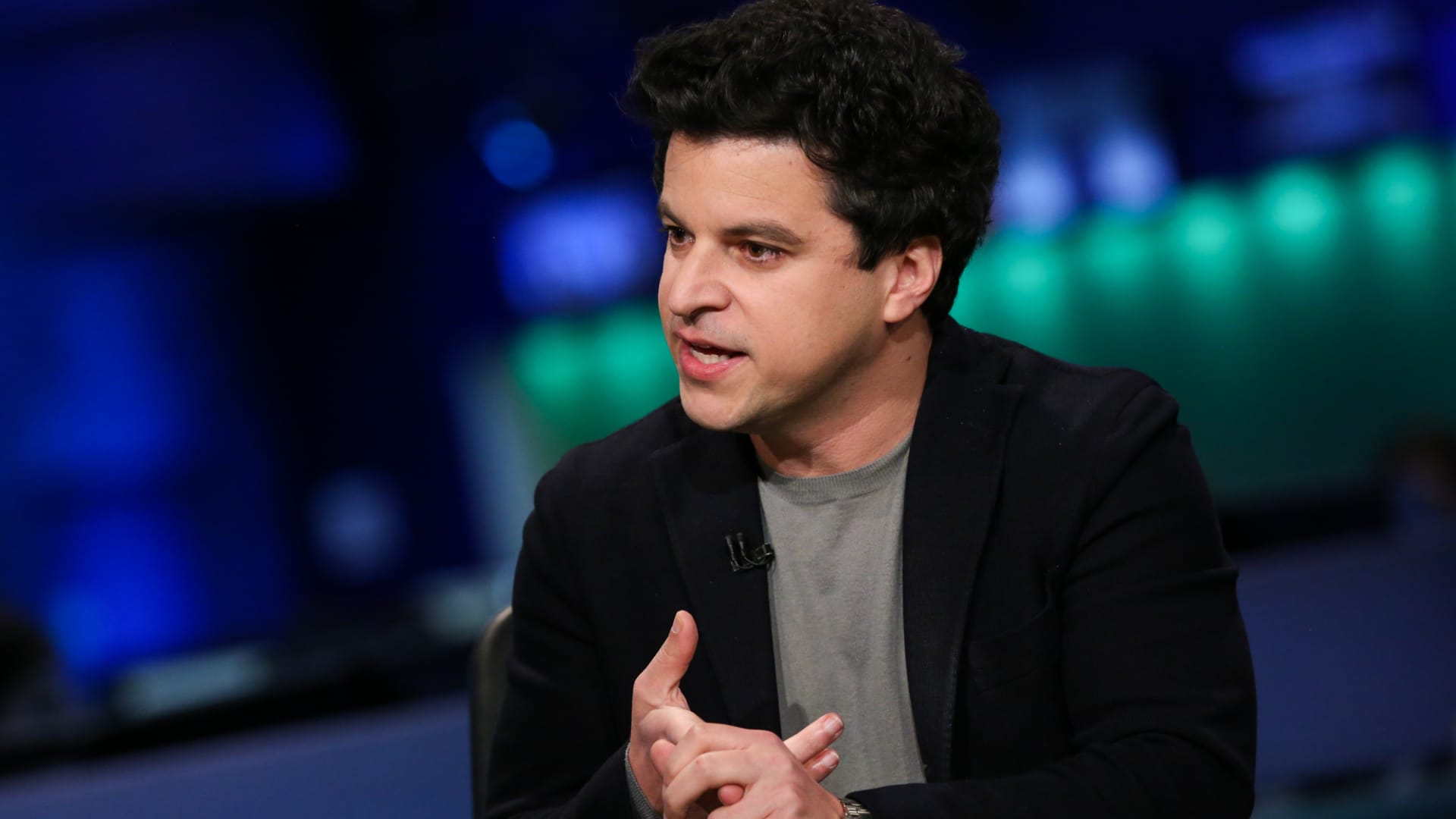Products You May Like
LONDON — American micro-investing platform Acorns acquired GoHenry, a digital banking startup focused on educating kids about money, for an undisclosed sum.
The company told CNBC exclusively that it agreed an all-stock deal with GoHenry that will see the firm become a wholly owned subsidiary of Acorns, with employees and backers of GoHenry rolling over their equity.
Founded in 2012, GoHenry offers a spending card for children aged six to 18, linked to an accompanying money management app. Parents can track their kids’ transactions in real time and set spending limits or savings goals.
The deal’s timing is noteworthy. The fintech sector is enduring a tough environment characterized by high inflation and rising interest rates. That’s dented sentiment around the market, with many publicly-listed companies’ share prices dropping. This has, in turn, had a knock-on effect for privately-held fintechs, with many late-stage firms seeing their valuations drop sharply.
However, Noah Kerner, Acorns’ CEO and co-founder, insisted market conditions had no effect on the timing of the acquisition as talks between the two companies started as early as 2021.
Acorns’ interest in financial wellbeing for families “goes back many years,” he said, starting in 2020 with the launch of Acorns Early — an investment account for kids.
Acorns looked at more than 100 deals globally before landing on GoHenry, Kerner said, adding a $55 million cash infusion into GoHenry last year and its buyout of rival firm PixPay in France made the deal more attractive.
“We pioneered the kids and teens with GoHenry, and Acorns very much pioneered investing and saving and bringing mental wellness to the up and coming, to everyday America,” Louise Hill, co-founder and chief operating officer of GoHenry, told CNBC in an interview.
“But both of us had ambitions to stretch beyond that in terms of customer demographics, so that we could start to serve people throughout their lifecycle, through all life stages.”
Rather than offering a free service and making money from interchange fees, GoHenry charges parents a monthly subscription, which it says pays for features like the ability to set up paid chores and parental controls.
Acorns, meanwhile, focuses on investments, letting customers automatically invest spare change from card payments into index funds.
Acorns also charges a monthly subscription fee. The company said it now has a combined 6 million subscribers after its acquisition of GoHenry.
Despite this, Acorns’ acquisition of GoHenry signals a major growth bet for the company, which has up until now only been available in the U.S. By buying GoHenry, it will now be able to access Europe, a market that is less advanced when it comes to retail investing.
GoHenry has operations in the U.K., France, Spain and the U.S. In the U.S., GoHenry’s app will be renamed GoHenry by Acorns. GoHenry will still be named GoHenry in the U.K., while its name in France and Spain, where it is known as PixPay, will also remain the same.
Kerner and Hill wouldn’t comment on the price of the transaction, however Kerner said it represented a good deal for GoHenry and its shareholders.
Acorns was valued at $1.9 billion last year in a $300 million funding round after scrapping plans to go public via merger with a special purpose acquisition company or SPAC due to volatile market conditions.
It is unclear what the company’s latest valuation is following the GoHenry deal.
Prior to its acquisition by Acorns, GoHenry raised a total of $121.2 million from investors including Edison Partners, Gaia Capital Partners, Citi Ventures, and Muse Capital.
The company has faced stiff competition from rival firms with their own child-focused offerings, including Revolut which launched its own account for kids in 2020, and established banks like NatWest.
GoHenry has also struggled to book a profit, and posted a £30.9 million ($38 million) loss on £30.6 million of revenue in 2021, according to a Companies House filing. Acorns, too, is losing money, however Kerner said its goal is to become a profitable company.
WATCH: Why retail investing has taken off in the U.S. — but not Europe
